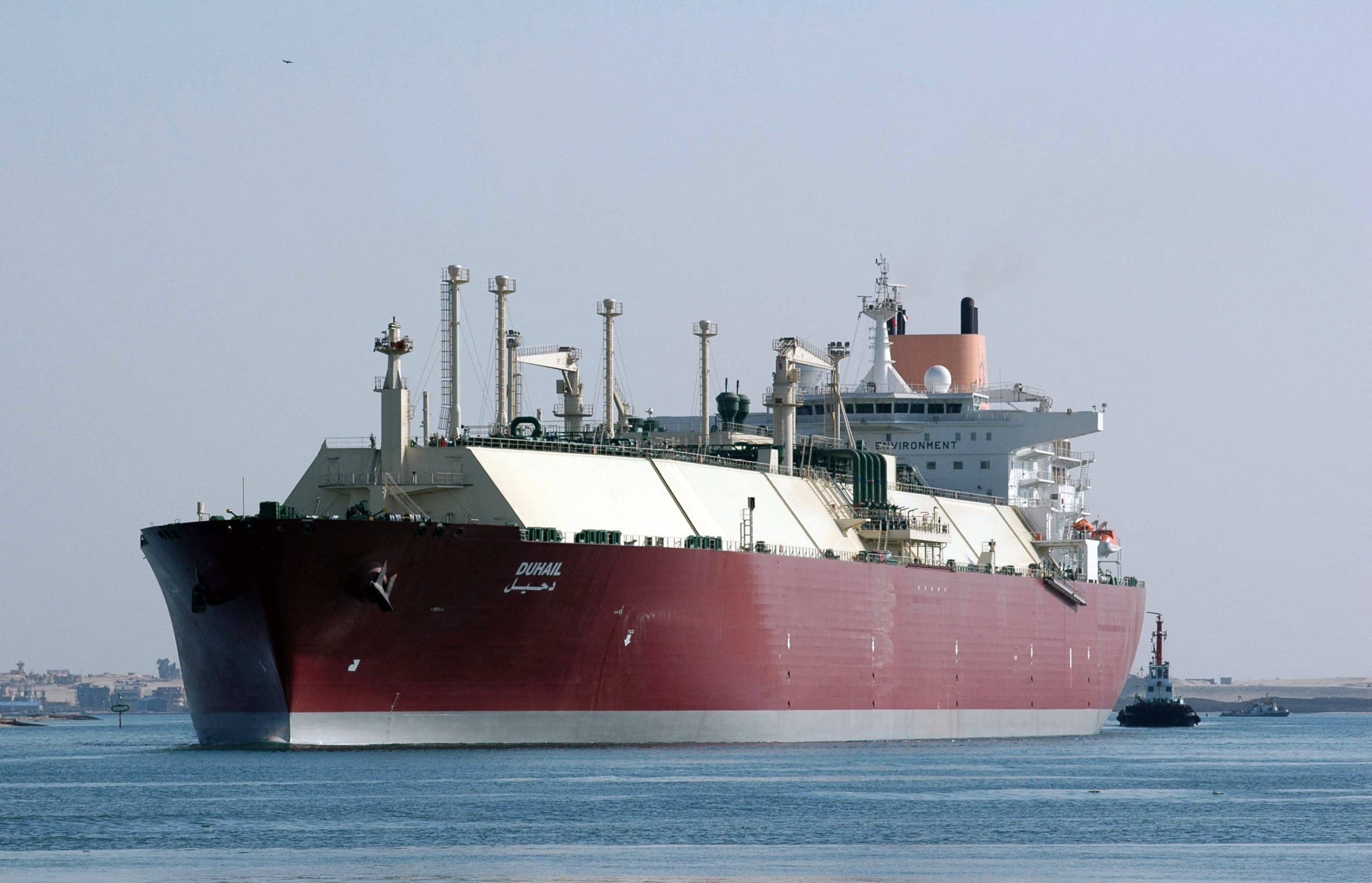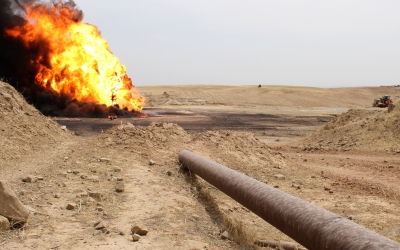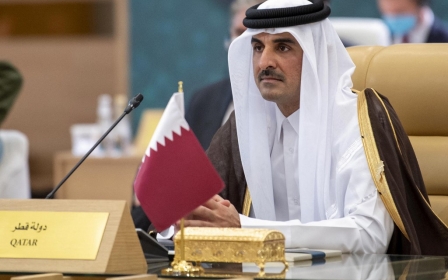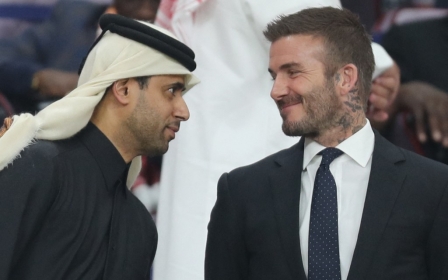Qatar: UK asks Gulf state to become 'supplier of last resort' for gas

The UK has asked Qatar to be its "supplier of last resort" for gas as the European country continues to struggle with an energy crisis.
British government officials have held talks with the Gulf state over a long-term arrangement to ensure a stable supply of liquefied natural gas (LNG) to the UK, according to sources speaking to the Financial Times.
New MEE newsletter: Jerusalem Dispatch
Sign up to get the latest insights and analysis on Israel-Palestine, alongside Turkey Unpacked and other MEE newsletters
Qatar has also rerouted four large tankers to the UK over the past two weeks, the report said.
The shipments were made after British Prime Minister Boris Johnson asked Sheikh Tamim bin Hamad Al Thani, the Qatari emir, for help at a recent meeting, the FT said, citing a person familiar with the talks.
"The Qataris have indicated a willingness to agree longer-term supply deals to deliver . . . gas to the UK in an emergency scenario - a sort of 'supplier of last resort' arrangement," one person familiar with the talks told the FT.
Britain's energy sector has been reeling under the soaring energy costs, putting a number of suppliers out of business.
Natural gas prices have spiked this year as economies reopened from Covid-19 lockdowns and high demand for LNG in Asia pushed down supplies to Europe, sending shockwaves through industries reliant on power.
Britain is pursuing a potential long-term deal given concerns over increased competition with Asia for LNG supplies, the FT report said.
Earlier this week, British business energy supplier CNG Energy Ltd ceased trading, joining 17 energy suppliers in the country that have gone bust since September.
Middle East Eye delivers independent and unrivalled coverage and analysis of the Middle East, North Africa and beyond. To learn more about republishing this content and the associated fees, please fill out this form. More about MEE can be found here.





